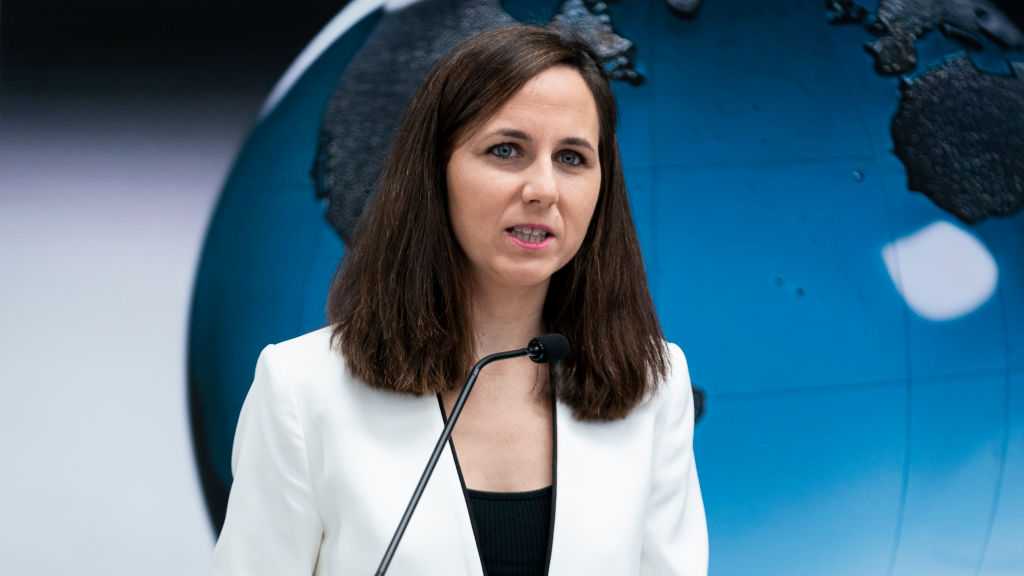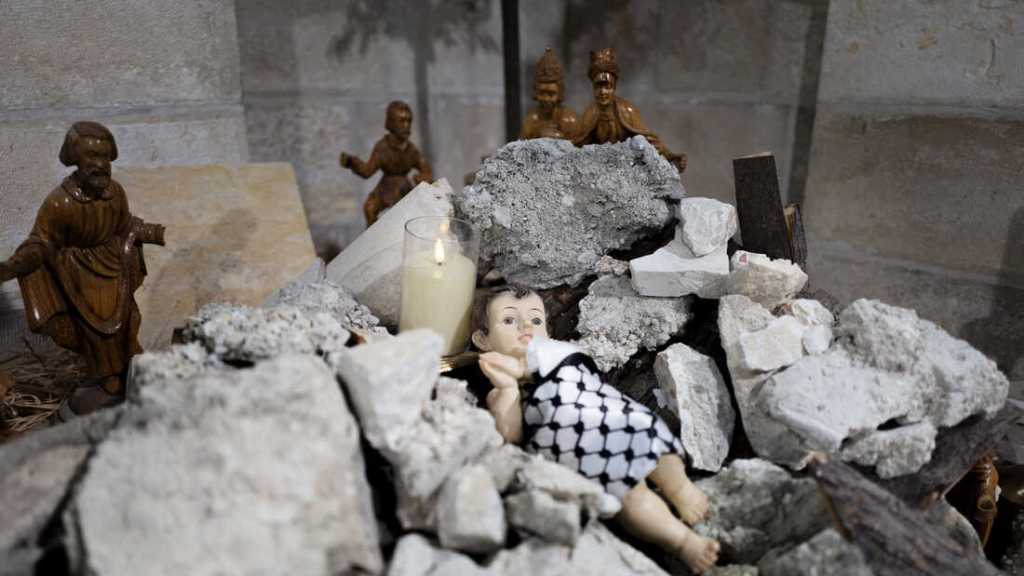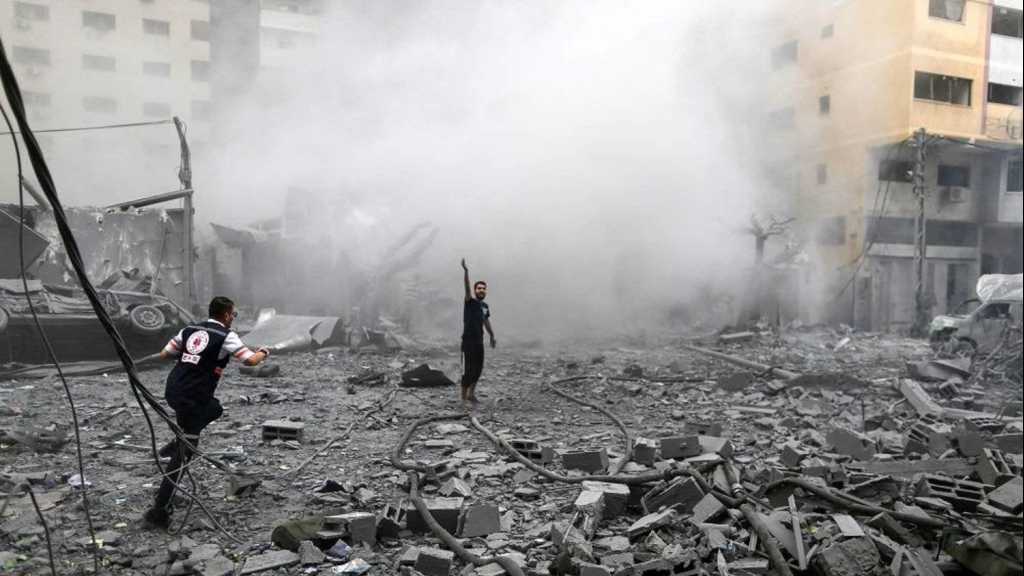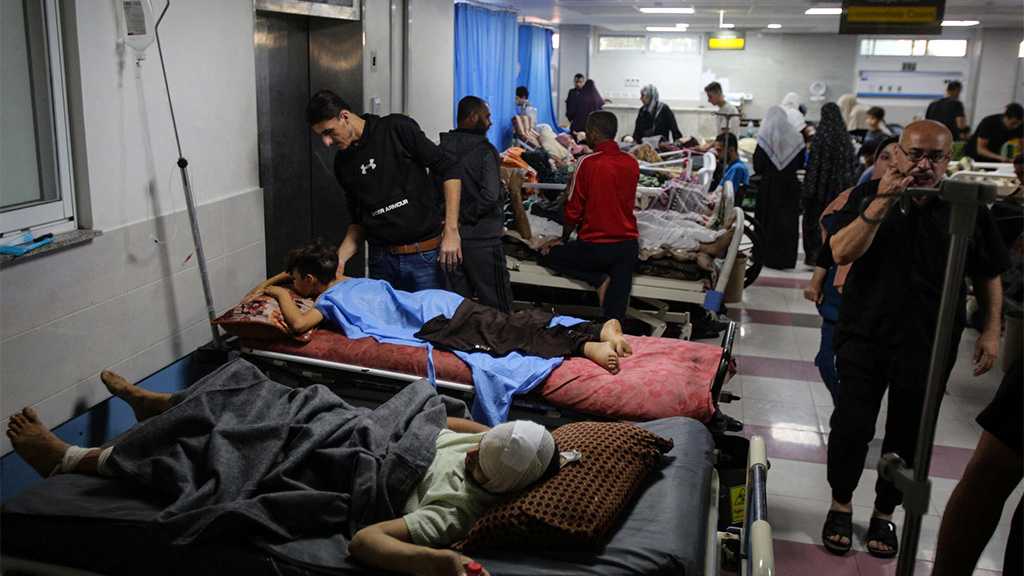
Uzbekistan President Karimov Dies Aged 78 After 27 Years in Power
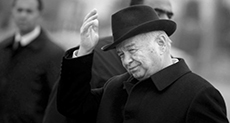
Local Editor
Uzbekistan confirmed that its President Islam Karimov, who led the republic in various capacities from 1989, has died.

He led the gradual transition from a Soviet republic into a nationalist Islamic country, fighting poverty and radicalism.
Karimov died in hospital, where he was admitted on Sunday after suffering a stroke. Rumors of his death started circulating days before the official announcement, stoked by local and international media citing various anonymous sources and one of Karimov's two daughters.
On Friday morning, the Uzbek government website published a notice that the president's condition had worsened and was critical. Later in the evening an official statement announced his passing.
Karimov will be laid to rest on Saturday in Uzbekistan's second-largest city Samarkand, where he was born. On the same day, three days of national mourning will begin.
Tributes began to pour in for one of the firmest fixtures of post-Soviet regional geopolitics.
Vladimir Putin said that the death of a "true leader" whose "name was inextricably linked to every major landmark in the country's independent history" was a "heavy loss."
Prime Minister Dmitry Medvedev is due to represent Russia at the funeral.
"I am the one who pushed for Karimov to be promoted to become the head of the then-Soviet republic of Uzbekistan," former Soviet leader Mikhail Gorbachev told Interfax. "He was a capable man with a strong character."
"It is now up to the people of Uzbekistan to choose their path, and we are all interested in the continuation of good neighborly relations and cooperation with his successor."
Karimov's departure leaves in question the stability of Uzbekistan, a country that shares a southern border with Afghanistan and struggled against jihadism in the 1990s. Uzbekistan's traditionally neutral stance in world affairs may also change under a new leader.
Under Karimov, Uzbekistan kept its distance from world powers, never committing fully to the interests of the US, Russia or China, focusing more on domestic issues.
The late leader supported the US invasion of Afghanistan after the September 11, 2001, terrorist attacks by granting the use of Karshi-Khanabad Air Base for transit. The deal was terminated in 2005, when Washington lashed out at Tashkent's heavy-handed response to a mass uprising.
The threat of radicalism, however, was and is quite genuine for Uzbekistan, a predominantly Muslim country. Since the 1990s, "jihadist" groups such as the Islamic Movement of Uzbekistan and Hizb-ut-Tahrir gained traction in the country and were a major security challenge.
Karimov steered away from a fully-fledged civil war like the one in neighboring Tajikistan, and preserved Uzbekistan's secular nature, although critics accuse him of using the threat of extremism to cement his power. The president was targeted by an assassination attempt in 1999, which Karimov blamed on radical Takfiris.
With Karimov dying in office, Senate Speaker Nigmatullah Uldashev will act as president until a snap election is conducted. The succession order was changed in late 2010, apparently as Karimov's health problems started to become more serious. A career prosecutor and lawyer, Uldashev is expected to be a placeholder figure, who would keep the transition of power within the boundaries of legality.
Source: News Agencies, Edited by website team
